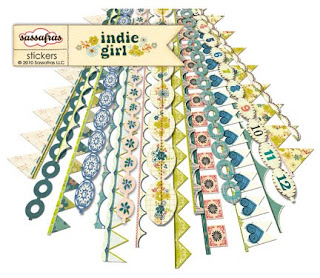Photos at night can be tricky. There is a lot of room for error and most night pictures don't turn out. I am developing my skills in this area and thought I would pass on a few pointers that I have learned in Kara's class and a few I hammered out on my own:
- You must have a tripod. A sturdy ledge can work, but a tripod will give you the best results.
- A shutter release or remote of some kind is handy. You can also use your timer, but set it so that the camera is completely still before it starts to expose.
- Low ISO = less grainy pictures.
- Slooooooow shutter speed. Gotta get as much light in as possible.
- Flip to manual focus. There won't be much light and it's totally frustrating to stand in the dark cussing at your lens as it goes in and out trying to find something to focus on in the dark.
- Be patient. I exposed most of my photos for at least 30 seconds and then it took my camera a minute or two to actually make the photo. I drained a full battery in less than an hour.
- Speaking of batteries - bring an extra if you want to spend some real time shooting.
- Don't be afraid of what the pictures look like on your LCD. They can be edited in Photoshop and most will have an overcast of yellow from any ambient light.
- Experiment - things that are beautiful in the day take on a whole new look at night. Also - critters come out at night - this can be fun or a little spooky depending on your tolerance!
- Get low - on the ground low. Perspective can make a totally boring shot seem interesting.
A toad - he jumped during the exposure making a ghosty appear to the right of him.
My neighbor's tree took on a whole new look at night.





























